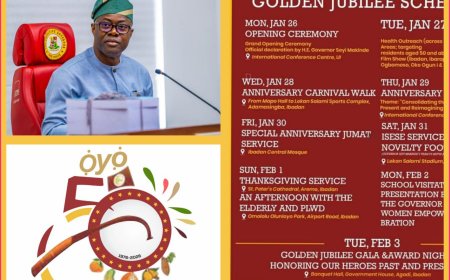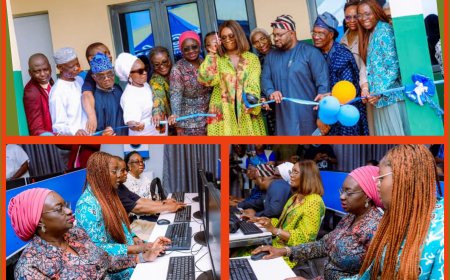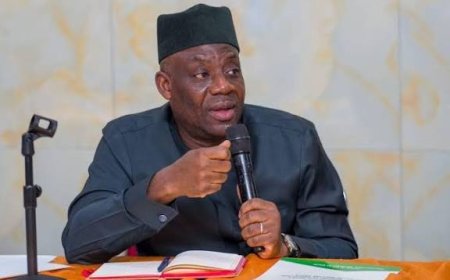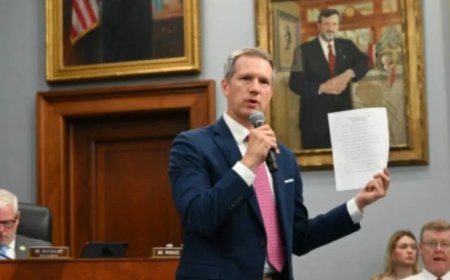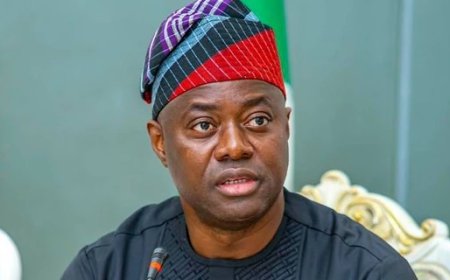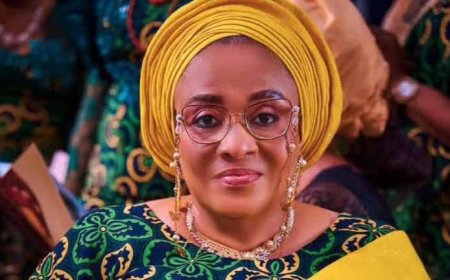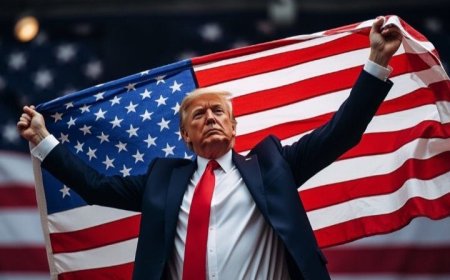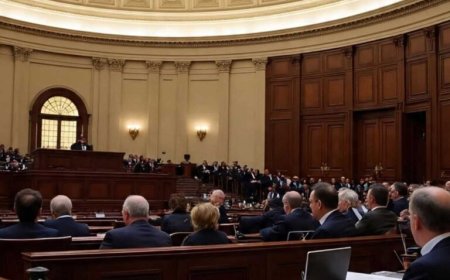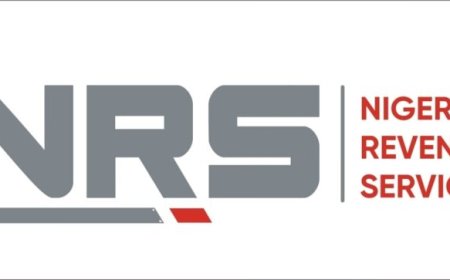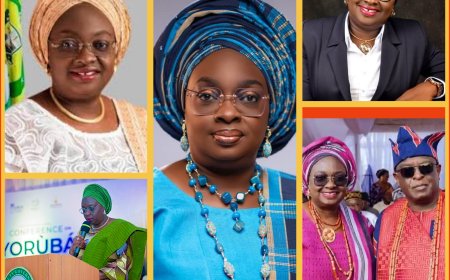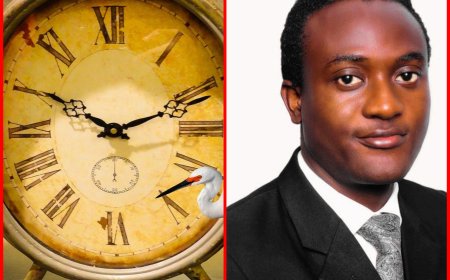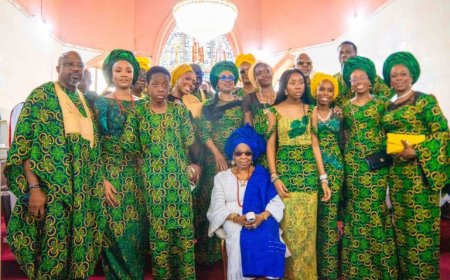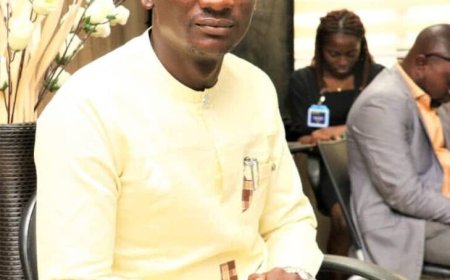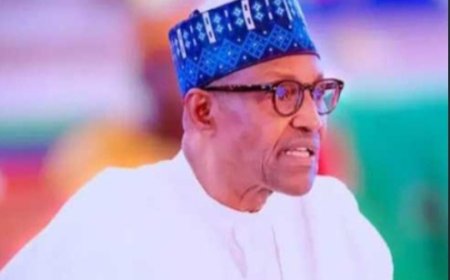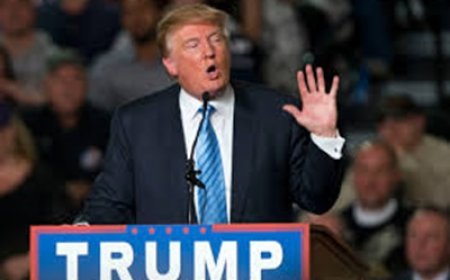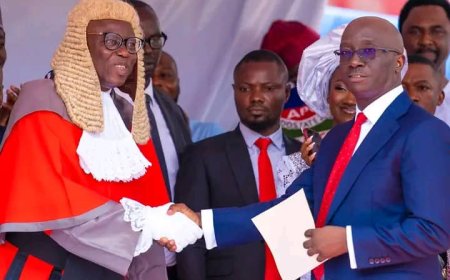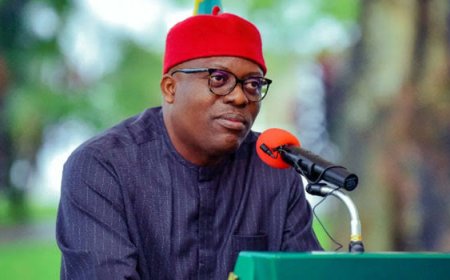OPINION: Single Party System in Nigeria: A Great Regret to National Unity
In response to a recent submission by All Progressives Congress (APC) stawart, Alhj. Ganduje who made public his position that one-party system is the best for Nigeria, Ibadan-based social commentator and Principal Research Fellow, Soyewo L.T bears his opinions on the dangers and demerits of single parry system in this opinion article.
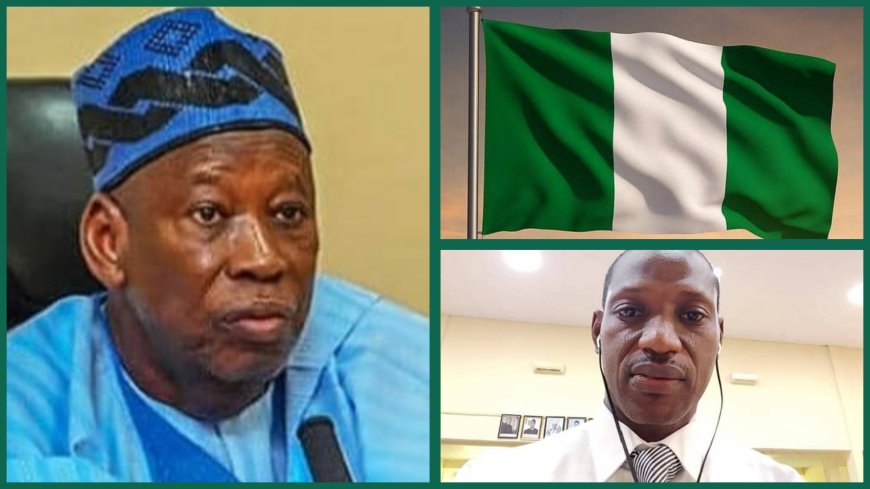
By: Soyewo, L. T
The idea of a single-party system in Nigeria, whether in theory or as manifested through dominant-party rule, has proven to be a significant regret to national unity. In a country as diverse as Nigeria—with over 250 ethnic groups, multiple religions, and deep regional identities—political plurality is not just desirable but essential for fostering inclusion, representation, and national cohesion.
Historically, Nigeria has flirted with the concept of de facto single-party dominance, particularly during military regimes and the early years of the Fourth Republic. The consequences were evident: concentration of power, lack of meaningful opposition, suppression of dissent, and erosion of democratic accountability. When one party becomes too powerful, it begins to see itself as synonymous with the state, leaving no room for alternative voices or constructive criticism. This often breeds corruption, authoritarian tendencies, and policies that favor certain groups at the expense of others.
Moreover, the dominance of a single party often results in political exclusion, particularly of minority ethnic and regional interests. This exclusion breeds resentment and weakens the sense of national belonging among marginalized communities. Rather than uniting the nation under a common agenda, it reinforces divisions and mistrust.
A healthy multi-party democracy allows for competition, debate, and the balancing of interests—key ingredients for national unity in a pluralistic society like Nigeria. The failure to nurture such a system has led to voter apathy, declining political participation, and a weakening of civic trust in institutions.
Ultimately, the single-party tendency—whether formal or informal—undermines the federal character of Nigeria’s democracy and stands as a barrier to unity, equity, and progress. For national unity to thrive, Nigeria must embrace a truly pluralistic and inclusive political culture that reflects its diverse population and democratic aspirations.
What's Your Reaction?











